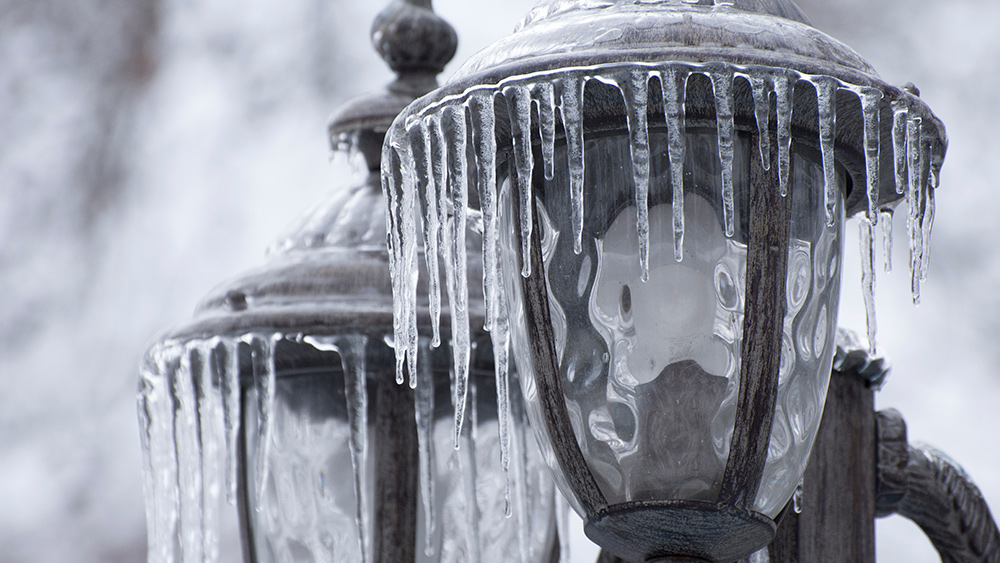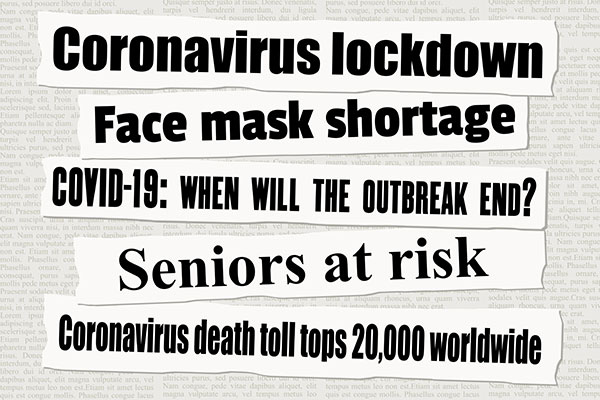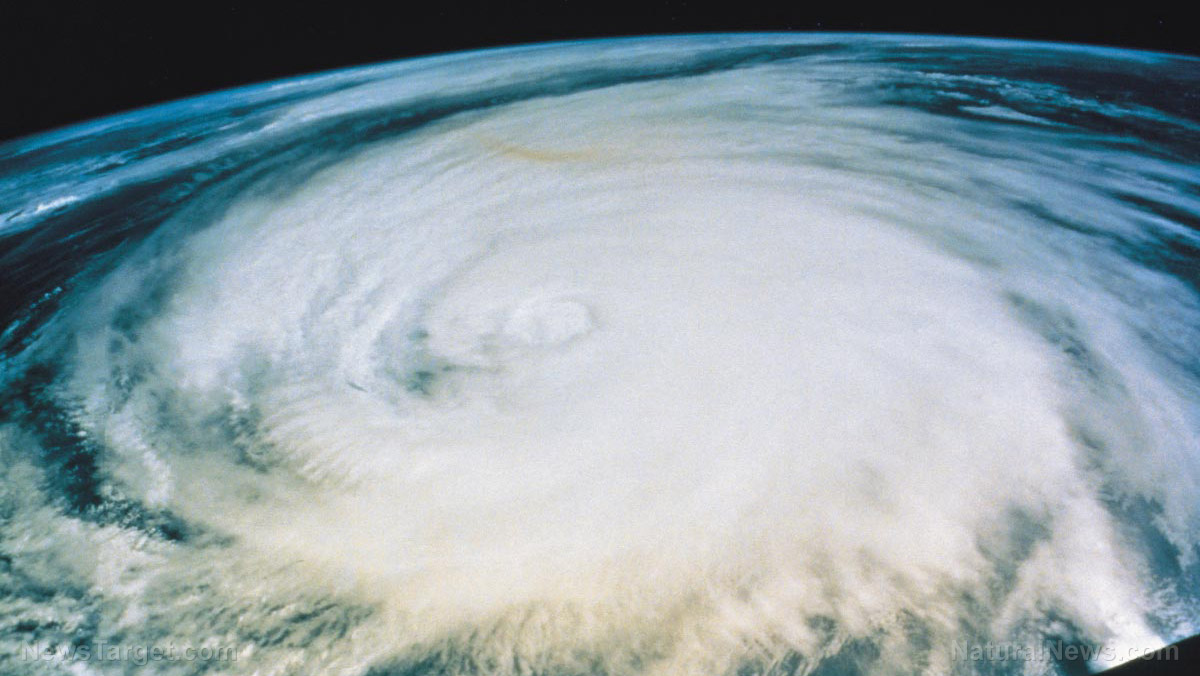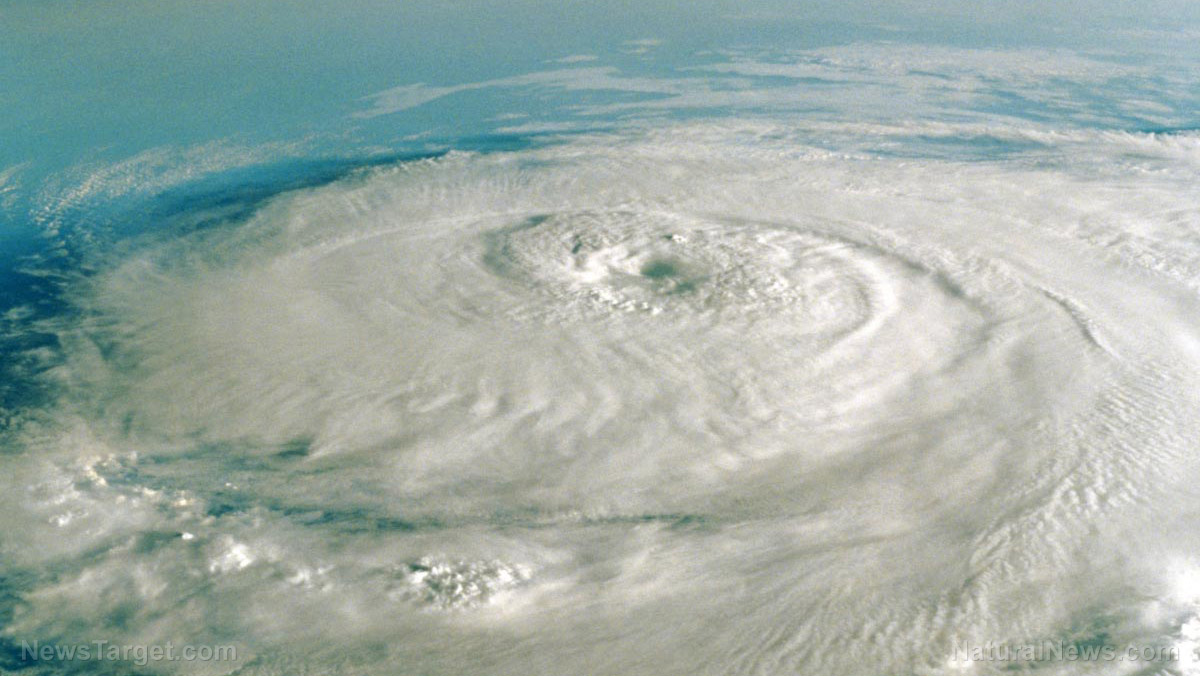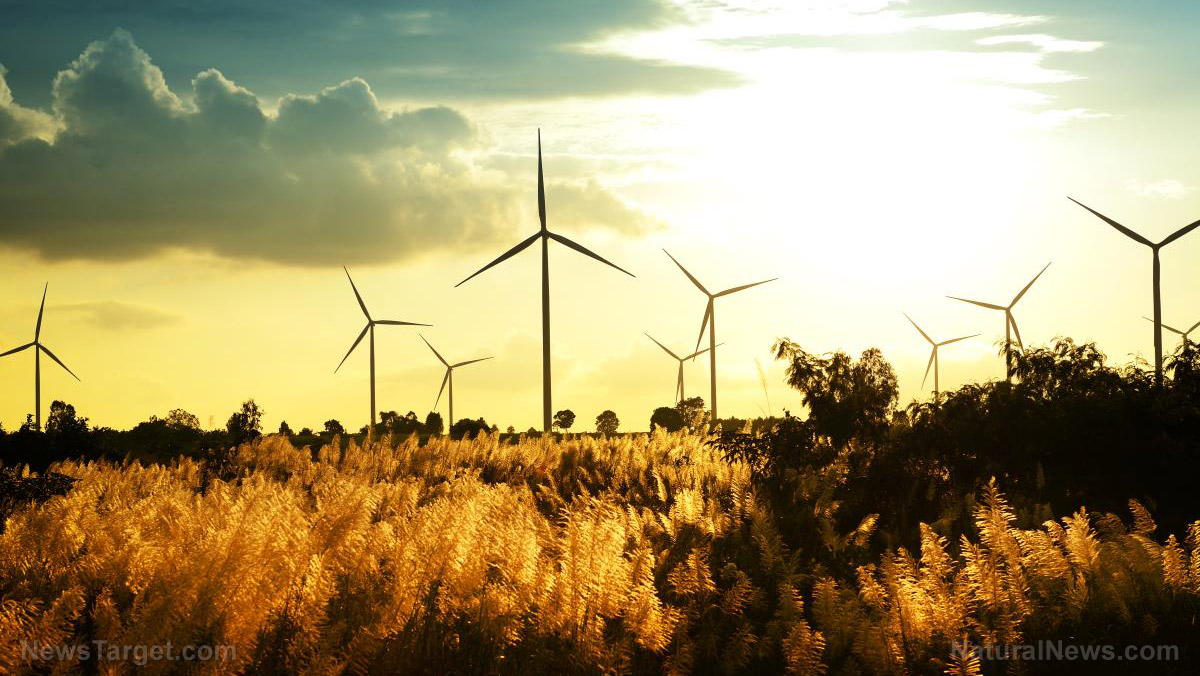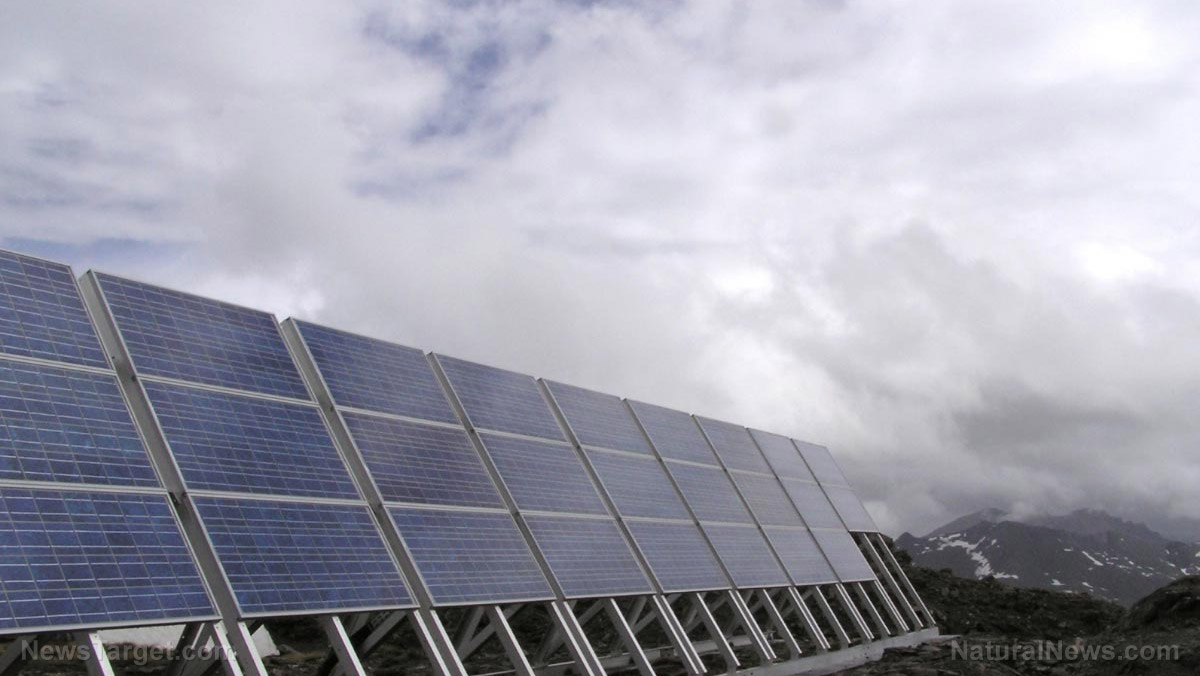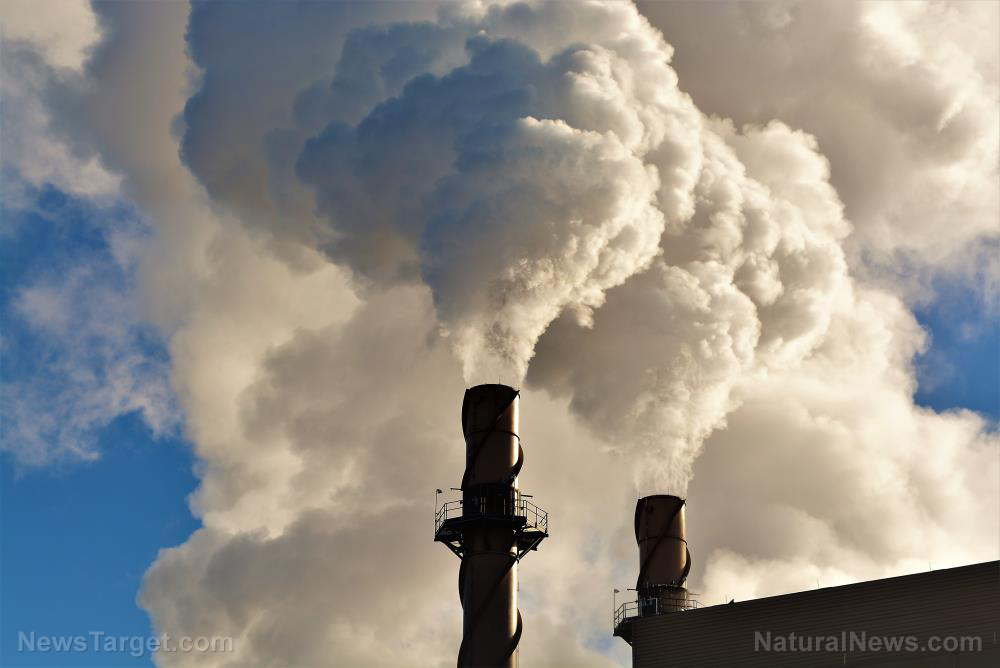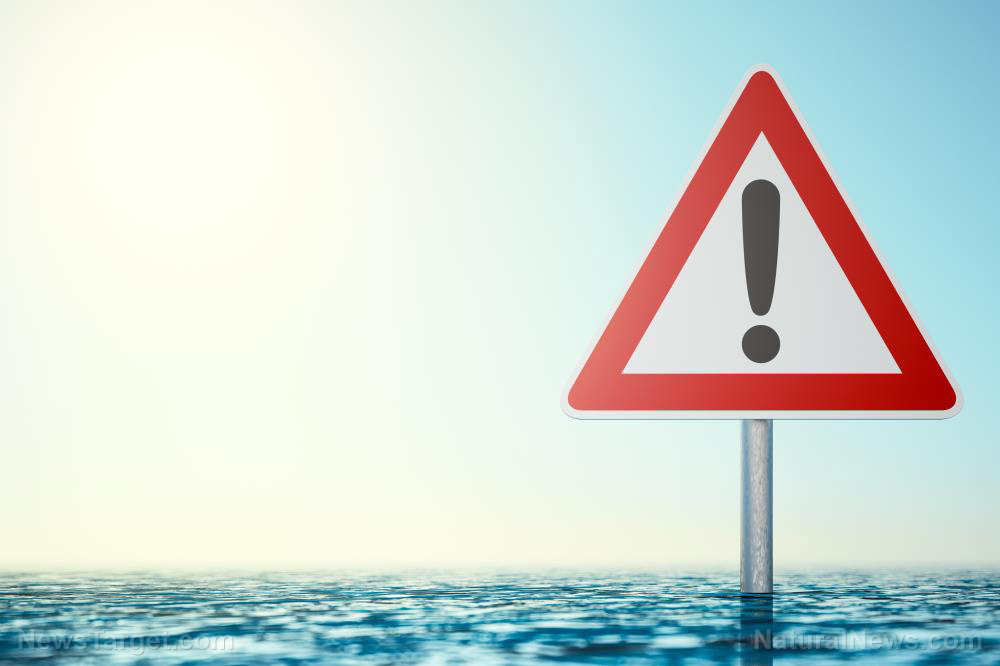GLOBAL FREEZING? Surface temperatures in frigid Greenland have been DROPPING for 20 years
11/28/2024 / By Ethan Huff

A team of Thai scientists and mathematicians has determined that surface temperatures throughout Greenland have actually been dropping over the past several decades as opposed to increasing.
Countering the establishment’s global warming claims, the new research involved processing 31,464 satellite recordings from 2000 through 2019. On average, surface temperatures fell by 0.11°C, which is considered a “non-significant change in LST [land surface temperature].”
In other words, surface temperatures in Greenland, one of the coldest regions in the world, have been slightly decreasing year after year, according to the new research, which you can expect to not hear about from the corporate media, by the way.
Casting serious doubt on the so-called “net zero” theory of a coming climate collapse, the new research debunks the myth that ocean waters are “boiling” and that the Greenland ice sheet is in danger of catastrophic melting. If anything, Greenland is gradually entering an even deeper freeze the longer time passes.
(Related: Earlier this year, the journal Nature Communications published an article admitting that the world’s arctic regions used to be a whole lot warmer than they are today, suggesting that the planet is cooling.)
No, the planet isn’t warming
To be fair, the ice-free subregions of Greenland appear to be warmer than they used to be, even if the ice-covered regions are cooler than they used to be. At the same time, the authors admit that the reason the non-ice-covered regions appear to be warming is because of increased “population density.”
It is a known fact that the more development an area has, i.e., lots of concrete and asphalt, the warmer surface temperatures are going to be, even in a place like Greenland that is sparsely populated.
One wonders how the globalist-controlled World Economic Forum (WEF) will respond to these new findings, if it even responds at all. After all, the WEF recently warned that the Greenland ice sheet is at risk of a “total collapse” within the next few months – what will they say when a total collapse does not happen?
“This suggestion is only slightly more ludicrous than the scares routinely published to induce mass psychosis in populations with the aim of promoting a collectivist command-and-control Net Zero solution,” warns Chris Morrison, writing for Watts Up With That.
“The recent farce around the COP in Baku showed the conspiracy operating in plain sight. Stop the developing word developing with hydrocarbons, then invent a number of fake scares such as island states disappearing beneath the waves. Everyone knows this and most of the other scares are false as scientists have shown on numerous occasions, but no matter.”
The sad fact remains that news like this will barely gain traction because too few people are talking about it. It will be considered just another conspiracy theory hatched by “climate deniers” who reject the notion that the planet is on the verge of melting.
“All of this means that genuine attempts to explain the science around the climate changing are stuck in a ‘settled’ narrative hellhole,” Morrison further writes.
“The corals can grow like topsy in record amounts on the Great Barrier Reef and the Arctic Sea ice can show a small decade-long recovery. Meanwhile, mainstream media and politics prefer to take their cue from characters like ‘Jim’ Dale, who points out of the window and attributes every puff of wind to a human cause.”
Antarctica has likewise not been warming as is widely claimed. For the past 20 years, Antarctica’s temperatures have remained largely the same, though there is some degree of complexity when trying to evaluate the data honestly and legitimately.
There really is no such thing as human-caused global warming. Learn more at Climate.news.
Sources for this article include:
Submit a correction >>
Tagged Under:
Censored Science, Climate, climate change, climate science, cold, discoveries, Ecology, environment, Fact Check, freezing, global warming, green tyranny, Greenland, rational, real investigations, research, skeptics, suppressed, temperatures, truth
This article may contain statements that reflect the opinion of the author


